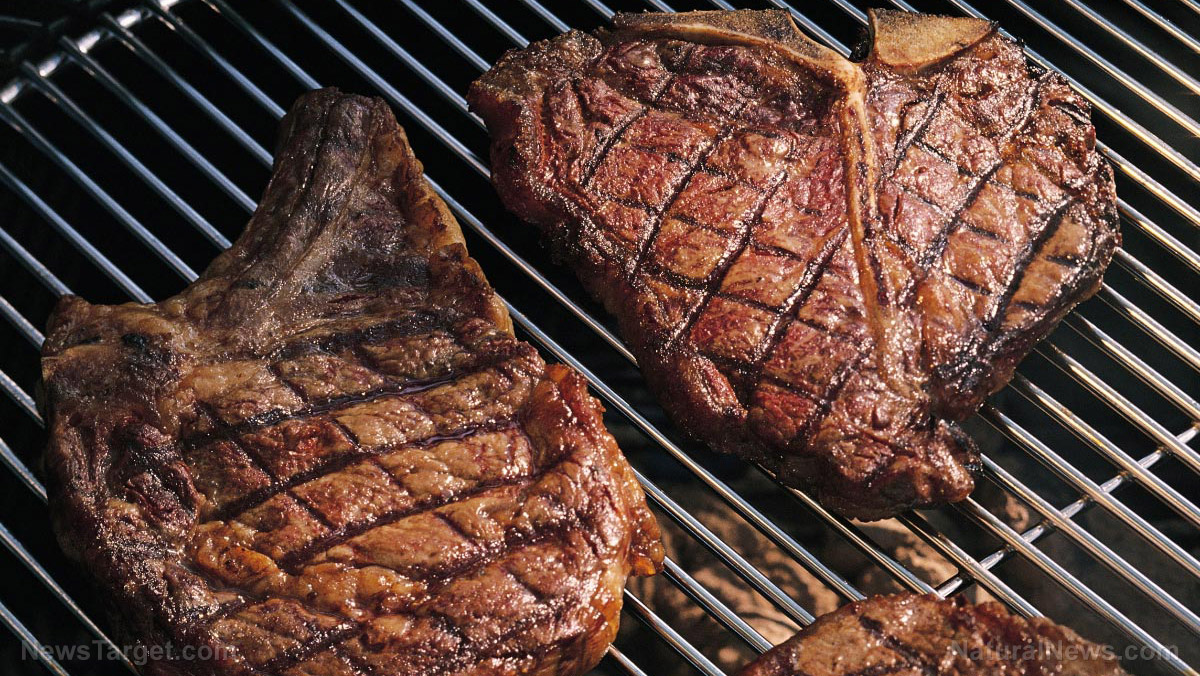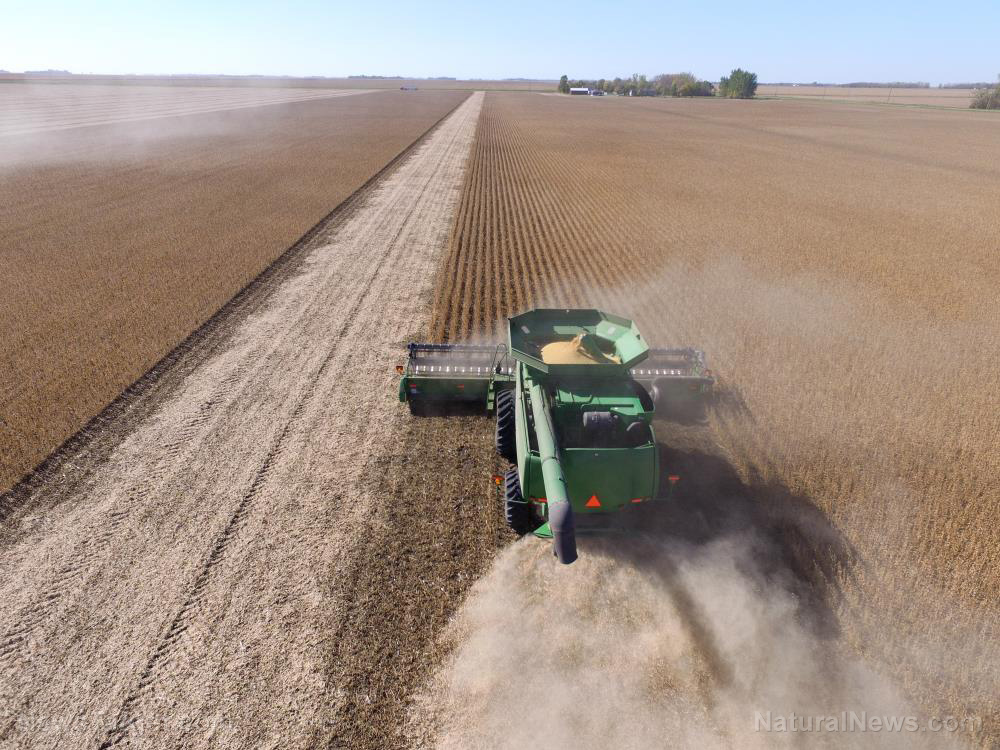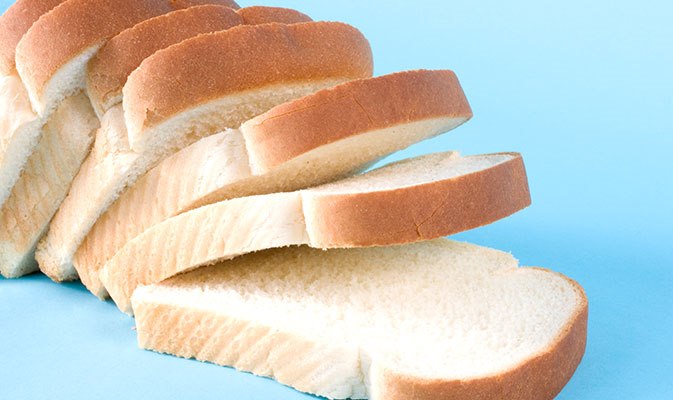Charbroiled, grilled meats increase high blood pressure… doesn’t matter if it’s red meat or fish
04/24/2018 / By Zoey Sky

Regardless if you’re grilling beef, chicken, or fish, eating grilled food regularly could be increasing your risk of developing high blood pressure (hypertension).
According to a report, a team of researchers studied cooking methods and people who developed high blood pressure after the regular consumption of beef, fish, or poultry.
For the study, experts gathered data from 32,925 women who participated in the Nurses’ Health Study; 53,852 women who participated in the Nurses’ Health Study II; and 17,104 men who took part in the Health Professionals Follow-Up Study.
The researchers then gathered detailed cooking information from the three long-term studies. While none of the participants had cancer, diabetes, heart disease, or high blood pressure upon enrollment, a whopping 37,123 individuals developed high blood pressure after an average follow-up of 12 to 16 years. (Related: How to Protect Yourself From Cancer-Causing Acrylamides in the Foods You Love.)
Amid the participants who said that they consumed at least two servings of chicken, fish, or red meat weekly, the study determined that the risk of developing high blood pressure was:
- 17 percent higher in participants who consumed broiled, grilled, or roasted beef, chicken, or fish more than 15 times monthly, compared with less than four times a month.
- 15 percent higher among those who consumed well-done food, compared to those who ate rarer meats.
- 17 percent higher in those who consumed the highest levels of heterocyclic aromatic amines (HAAs), or chemicals formed when meat protein is charred or exposed to extremely high temperatures, compared to those with the lowest intake.
The researchers shared that the link between cooking temperature, doneness, method, and high blood pressure was independent of the amount or type of food eaten by the participants.
Dr. Gang Liu, the lead author of the study and a postdoctoral research fellow in the department of nutrition at the Harvard T.H. Chan School of Public Health in Boston, said that charbroiling or grilling meats at high temperatures can cause inflammation, insulin resistance, and oxidative stress in animal studies. Dr. Liu added that these pathways could also increase an individual’s risk of developing high blood pressure.
Inflammation, insulin resistance, and oxidative stress all influence the inner linings of blood vessels. These three pathways are linked to the development of atherosclerosis, a condition that is connected to heart disease. The arteries of a patient with atherosclerosis become narrower due to plaque build-up.
While this study determined a trend, it doesn’t prove cause and effect. The findings presented are also limited since data was taken from questionnaires that only included a small sample of meats (it didn’t include pork and lamb) and some cooking methods (e.g., stewing and stir-frying). Since the participants were all health professionals and the majority were Caucasian, the results may not apply to other groups.
Dr. Liu concluded that based on the findings, the risk of high blood pressure could be minimized by reducing the intake of food that’s cooked well-done. Refraining from cooking food over open flames and high-temperature methods like barbecuing, broiling, or grilling can also help.
Healthy cooking tips to prevent hypertension
Try these cooking tips and methods to ensure that you’re enjoying a healthy meal that’s good for your heart:
- If you’re sauteing foods, always use non-stick cookware with a bit of natural/organic cooking spray.
- Poach chicken and fish in fat-free liquids.
- Steam protein and vegetables over boiling water.
- Stew or braise meats and poultry on the stove or in the oven. Before serving, let the food cool, so it’s easier to remove any congealed fat. Reheat the food before serving.
- When roasting chicken or various meats, use cooking racks so that the fat can drip off.
Read more articles about cardiovascular diseases and heart-healthy cooking methods at Heart.news.
Sources include:
Tagged Under: charbroiled meat, chicken, cooking methods, diabetes, fish, food science, grilled meat, grilling, groceries, heart disease, high blood pressure, hypertension, ingredients, red meat




















